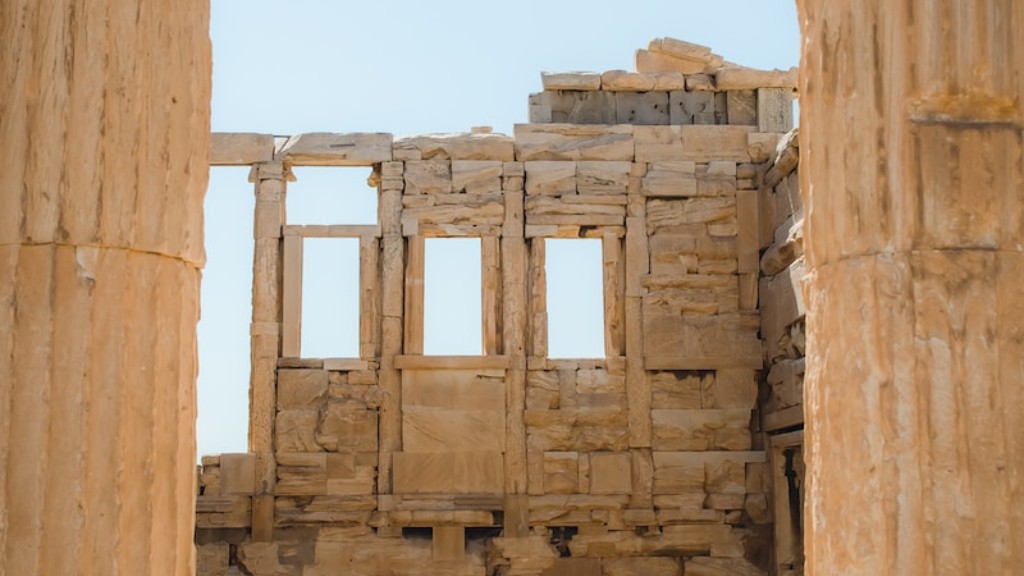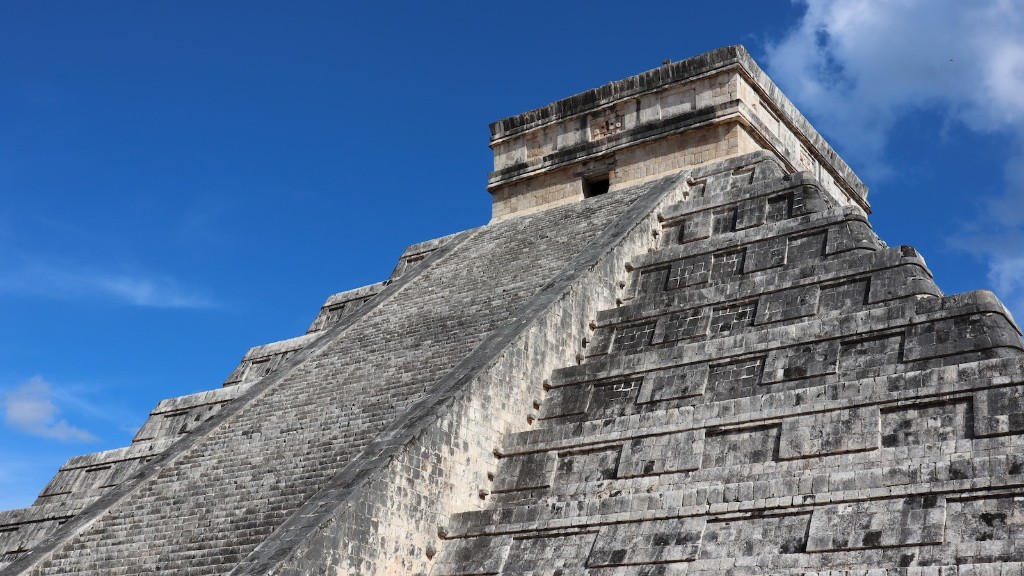The Musical Instruments of Ancient Greece
Music played a significant role in ancient Greek culture, and various musical instruments were widely used to produce enchanting melodies. The harmonious sounds of these instruments resonated through the temples, theaters, and city streets, captivating audiences and adding depth to religious and cultural ceremonies. Among the numerous musical instruments used in ancient Greece, one instrument stands out for its versatility, elegance, and impact on the Greek civilization – the lyre.
The Lyre: A Versatile Instrument
The lyre, a stringed musical instrument resembling a small harp, was a central element of Greek music. With a curved wooden body and strings arranged in parallel, the lyre produced rich and melodious tones. Its versatility allowed the lyre to be played in different ways to create a range of harmonies, making it suitable for solo performances, accompaniment to singing, and even large orchestral arrangements.
Ancient Greeks believed that the lyre was a divine gift from the gods, as it was closely associated with the mythological figure of Orpheus, a renowned musician and poet. The lyre’s enchanting melodies were thought to hold the power to soothe troubled souls and even tame wild animals. It played an essential role in religious rituals, public festivities, and private gatherings, permeating all aspects of Greek society with its magical melodies.
The Influence of the Lyre on Greek Culture
The lyre not only served as a source of entertainment but also played a significant role in shaping Greek culture and society. Its music accompanied various forms of artistic expression, including poetry, dance, and theater, adding emotional depth and enhancing the overall experience. In addition, the lyre was often used as a teaching instrument, helping young students learn the fundamentals of music and develop their musical skills.
Furthermore, the lyre sparked a profound appreciation for music among the ancient Greeks. It became a symbol of cultural identity and was associated with intellectual and artistic pursuits. The impact of the lyre extended beyond the boundaries of Greece, with its influence reaching neighboring civilizations, such as the Romans, who adopted and adapted the instrument into their own musical traditions.
Archaeological Discoveries and Historical References
Evidence of the lyre’s popularity and widespread use in ancient Greece can be found in various archaeological discoveries and historical references. Ancient Greek pottery and sculptures often depict musicians holding and playing the lyre, providing valuable visual documentation of its existence and significance. Additionally, ancient texts, such as those by Plato and Aristotle, make numerous references to the lyre and its role in music and society.
Archaeological excavations have unearthed ancient Greek lyres meticulously crafted from materials such as wood, bone, and tortoiseshell. These instruments, often adorned with intricate carvings and decorative elements, give us a glimpse into the artistry and craftsmanship of the ancient Greek luthiers. Moreover, some well-preserved fragments of actual lyres have been discovered, allowing researchers to study and analyze the instrument’s construction, materials, and playing techniques.
Conclusion
In conclusion, the lyre was the most widely used musical instrument in ancient Greece, captivating audiences with its versatility, elegance, and enchanting melodies. Its influence permeated all aspects of Greek culture, from religious ceremonies to artistic expressions. The lyre’s impact on Greek society extended far beyond its homeland, and its legacy continues to be felt in the world of music to this day.


